| Bangkok expat Les Weaver thought he had the perfect deal. But he was badly mistaken For many expats, buying a property back in their home country is viewed as a safe and solid investment. The house or apartment can be rented out, with the income helping to pay the mortgage and ideally even providing some useful additional income. And in normal times, there’s the added bonus of an increase in the property asset value. That’s the theory – and in most cases it works well. But not always, as long-term Bangkok expat Les Weaver discovered to his considerable cost. Les thought he had set up the perfect property-for-rent deal on his two-bedroom terrace house in Warrington, northwest England, when he left the UK 16 years ago to work for a friend’s construction company here in Thailand. |
Little did he think back then that this dream deal would become a property nightmare and eventually lead to losses of many thousands of pounds, and endless months of stress and worry.
His problems began almost straight away. On a routine visit to his house not long after the first tenant - a single man working with the local police force – had moved in, Les discovered that he was breaking the rental agreement by sub-letting a room to another lodger. Much worse, however, was the discovery that the tenant was using the living room as a repair shop for his motorbike.
The ‘police’ man was quickly given his marching orders, leaving Les with a greasy and very expensive mess to clear up.
Les had much better luck with his second tenant, a single lady in her 60s who looked after the property as if it was her own. Unfortunately, this “perfect” renter eventually moved out after 12 years in order to live with her daughter in another part of town.
The third tenant, a single man in his late 20s, had been recommended and vetted by a letting agency owned by a friend of Les. And for the first 15 months or so, the monthly rent was received on the first of every month, so it all went according
to plan.
His problems began almost straight away. On a routine visit to his house not long after the first tenant - a single man working with the local police force – had moved in, Les discovered that he was breaking the rental agreement by sub-letting a room to another lodger. Much worse, however, was the discovery that the tenant was using the living room as a repair shop for his motorbike.
The ‘police’ man was quickly given his marching orders, leaving Les with a greasy and very expensive mess to clear up.
Les had much better luck with his second tenant, a single lady in her 60s who looked after the property as if it was her own. Unfortunately, this “perfect” renter eventually moved out after 12 years in order to live with her daughter in another part of town.
The third tenant, a single man in his late 20s, had been recommended and vetted by a letting agency owned by a friend of Les. And for the first 15 months or so, the monthly rent was received on the first of every month, so it all went according
to plan.
Then the Covid pandemic struck and the UK went into a national paralysis. People lost their jobs as the lockdown tightened its grip.
Then the Covid pandemic struck and the UK went into a national paralysis. People lost their jobs as the lockdown tightened its grip. Among those apparently affected was Les’ tenant who suddenly stopped paying his rent and also moved his father into the house to live with him, breaking the rental agreement.
After four months’ non-payment, Les applied to the courts to have the man evicted. The rent had stopped, but not his monthly mortgage repayments.
To make matters worse, during lockdown, the UK government, labour opposition and local councils showed considerable sympathy for tenants over landlords, and even suggested that the former could suspend paying rents without fear of eviction.
Faced with growing debt, Les continued to pursue the case through the courts, but to no avail, mostly because of the huge backlog of similar cases at that time. So, for much of 2020 and well into 2021, his tenant lived in the house rent-free.
Les was also dismayed to discover that the letting agency was forbidden by law to visit his property while it was occupied, even to make basic checks. “The guy was living there for free, but the letting agent or myself couldn’t even enter my own house to make sure that it was safe, the electricity was in good order and the water was OK,” says Les.
Moreover, he was advised that any contact with his wayward tenant would be regarded as harassment, a criminal offence.
Les’ world was coming apart. Here in Thailand he was between jobs for a period of nine months and therefore without any income. Back in Warrington, there seemed no end to the financial drain.
After four months’ non-payment, Les applied to the courts to have the man evicted. The rent had stopped, but not his monthly mortgage repayments.
To make matters worse, during lockdown, the UK government, labour opposition and local councils showed considerable sympathy for tenants over landlords, and even suggested that the former could suspend paying rents without fear of eviction.
Faced with growing debt, Les continued to pursue the case through the courts, but to no avail, mostly because of the huge backlog of similar cases at that time. So, for much of 2020 and well into 2021, his tenant lived in the house rent-free.
Les was also dismayed to discover that the letting agency was forbidden by law to visit his property while it was occupied, even to make basic checks. “The guy was living there for free, but the letting agent or myself couldn’t even enter my own house to make sure that it was safe, the electricity was in good order and the water was OK,” says Les.
Moreover, he was advised that any contact with his wayward tenant would be regarded as harassment, a criminal offence.
Les’ world was coming apart. Here in Thailand he was between jobs for a period of nine months and therefore without any income. Back in Warrington, there seemed no end to the financial drain.
“I was really stressed – out of work, no money coming in, just going out. And my hands were tied.”
It took until January this year for the tenant to finally get an eviction order from a bailiff court, a procedure that cost Les five hundred pounds. But it wasn’t enforceable until May, 2022, by which time the man had left the property anyway, however his father was still living there.
The first person to inspect the now empty house was the original letting agent, who was so shocked by the filth and squalor that he told Les not to see the place until it had been at least partially cleared.
Les did get to see photos, which were disgusting enough, including one that revealed a thick covering of rabbit feces in the living room and throughout the ground floor, as well as broken furniture and fittings, extensive water damage and dampness, plus a stench so bad that it had the agent throwing up.
Les is now having the house renovated to make it habitable at a cost of almost ten thousand pounds. But this sum represents just a small portion of the money he has lost over the last couple of years. Other losses include rent, legal fees, bailiff costs, and removing skip-loads of rubbish – a tidy sum of almost twenty-five thousand pounds.
The financial woes don’t stop there. Incredibly, Les’ landlords’ insurance expired one day before the tenant’s official eviction. “The insurance company knowing I was going through with an eviction would only renew the policy without ‘accidental or malicious’ damage cover by the tenant - basically giving no insurance cover for any damage.”
There was no relief either on the council tax payable on the property, regardless of it being occupied or not.
Even when the repair work is completed, Les reckons the house will be valued 40 thousand pounds less than what it should be since a total renovation is beyond his budget.
It’s not only rent the tenant owes, but also two years’ unpaid household bills like electricity and water. Les is trying to locate the now missing tenant through a ‘track and trace’ procedure to try and retrieve his some of the outstanding rent through the courts. But Les is not optimistic. “I doubt we’ll ever catch up with him, or receive any of the outstanding rents through court proceedings, to be honest,” he says,
Having been through this experience, Les is also less than optimistic about the viability of renting out his house again. “There’s a raft of new laws that protect the tenant, and not the owner. You can’t even stipulate such things as ‘no animals’ to the tenant.
“In the UK, owners are in a straightjacket when it comes to renting out property. So I don’t know whether to put it back on the rental market or just sell it.”
Currently there are no plans from the UK government or local councils to assist or give any financial compensation to landlords for reimbursement of outstanding or lost rents.
In a footnote comment, Les is aware that the pressure he faced during the Covid lockdown didn’t always put him in the best of moods. “I apologize to all those who met me at that time for my occasional grumpy moods and behavior,” he says. “But the stress, especially when I was out of work, was too much to handle.”
It took until January this year for the tenant to finally get an eviction order from a bailiff court, a procedure that cost Les five hundred pounds. But it wasn’t enforceable until May, 2022, by which time the man had left the property anyway, however his father was still living there.
The first person to inspect the now empty house was the original letting agent, who was so shocked by the filth and squalor that he told Les not to see the place until it had been at least partially cleared.
Les did get to see photos, which were disgusting enough, including one that revealed a thick covering of rabbit feces in the living room and throughout the ground floor, as well as broken furniture and fittings, extensive water damage and dampness, plus a stench so bad that it had the agent throwing up.
Les is now having the house renovated to make it habitable at a cost of almost ten thousand pounds. But this sum represents just a small portion of the money he has lost over the last couple of years. Other losses include rent, legal fees, bailiff costs, and removing skip-loads of rubbish – a tidy sum of almost twenty-five thousand pounds.
The financial woes don’t stop there. Incredibly, Les’ landlords’ insurance expired one day before the tenant’s official eviction. “The insurance company knowing I was going through with an eviction would only renew the policy without ‘accidental or malicious’ damage cover by the tenant - basically giving no insurance cover for any damage.”
There was no relief either on the council tax payable on the property, regardless of it being occupied or not.
Even when the repair work is completed, Les reckons the house will be valued 40 thousand pounds less than what it should be since a total renovation is beyond his budget.
It’s not only rent the tenant owes, but also two years’ unpaid household bills like electricity and water. Les is trying to locate the now missing tenant through a ‘track and trace’ procedure to try and retrieve his some of the outstanding rent through the courts. But Les is not optimistic. “I doubt we’ll ever catch up with him, or receive any of the outstanding rents through court proceedings, to be honest,” he says,
Having been through this experience, Les is also less than optimistic about the viability of renting out his house again. “There’s a raft of new laws that protect the tenant, and not the owner. You can’t even stipulate such things as ‘no animals’ to the tenant.
“In the UK, owners are in a straightjacket when it comes to renting out property. So I don’t know whether to put it back on the rental market or just sell it.”
Currently there are no plans from the UK government or local councils to assist or give any financial compensation to landlords for reimbursement of outstanding or lost rents.
In a footnote comment, Les is aware that the pressure he faced during the Covid lockdown didn’t always put him in the best of moods. “I apologize to all those who met me at that time for my occasional grumpy moods and behavior,” he says. “But the stress, especially when I was out of work, was too much to handle.”
Currently there are no plans from the UK government or local councils to assist or give any financial compensation to landlords for reimbursement of outstanding or lost rents.


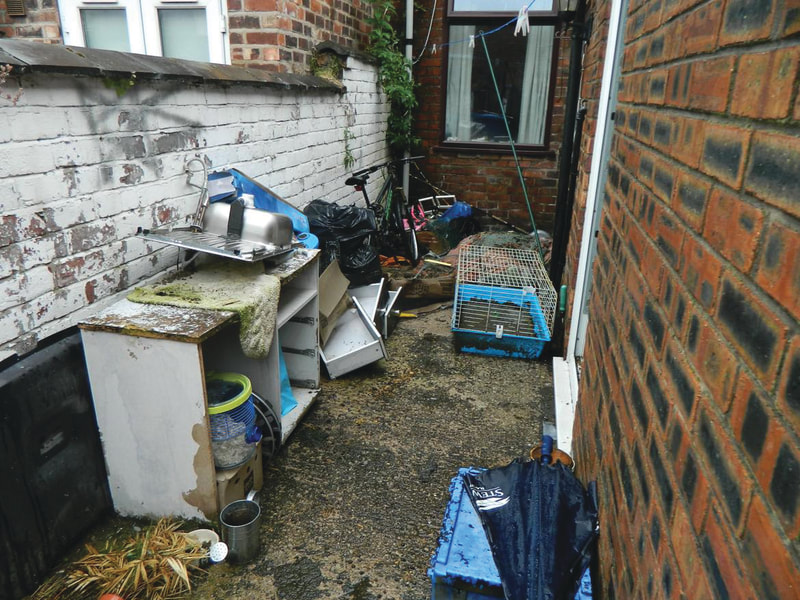
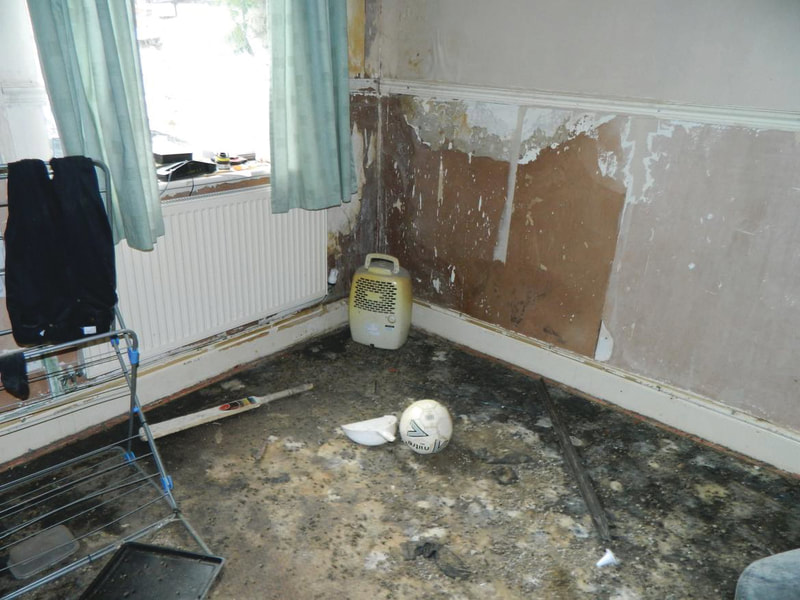
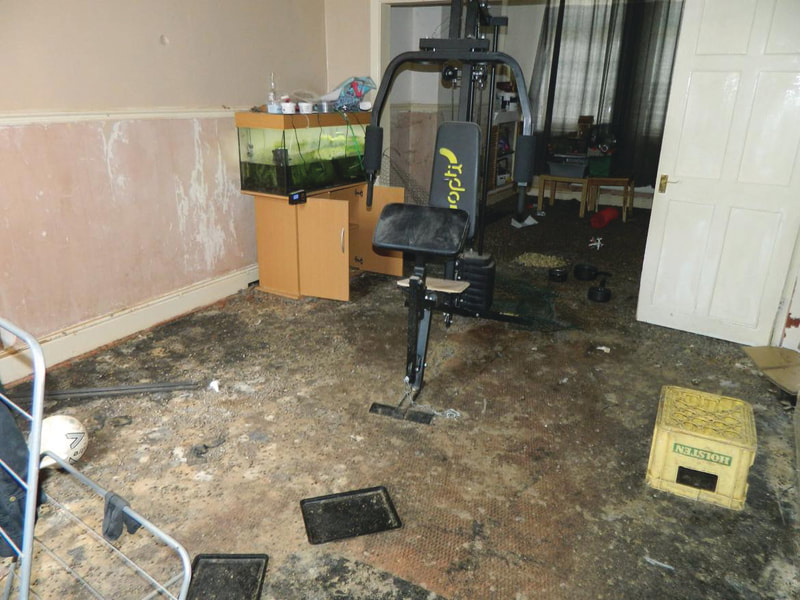
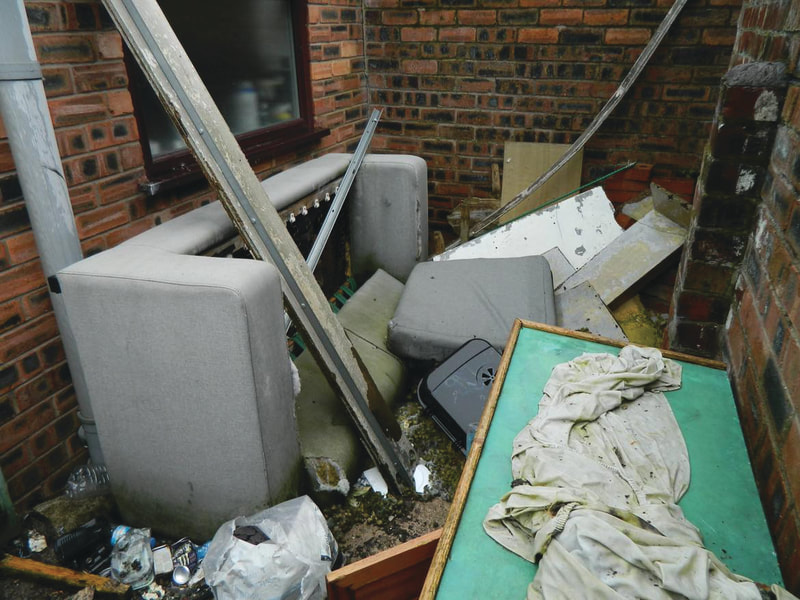
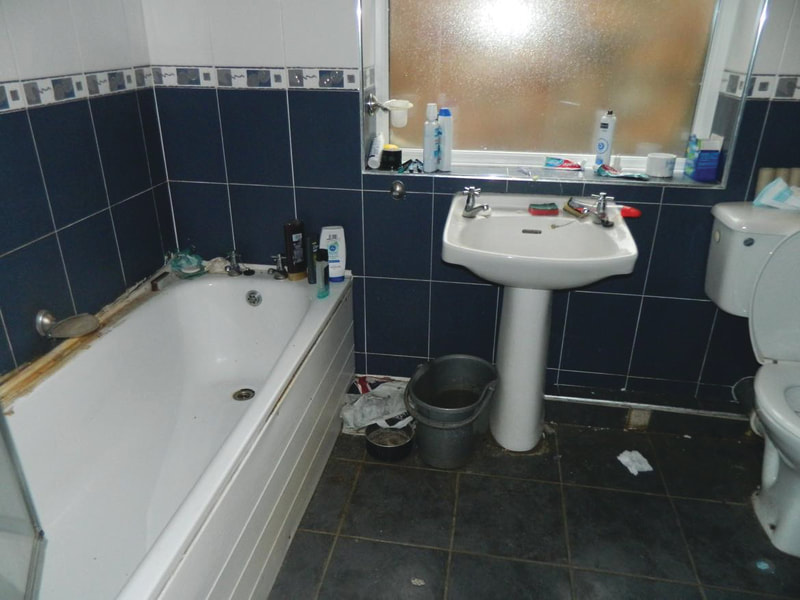
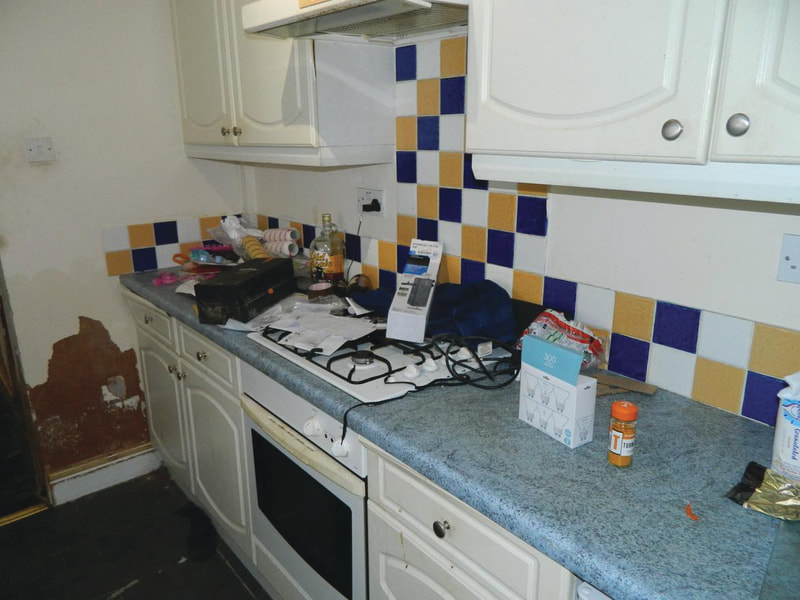
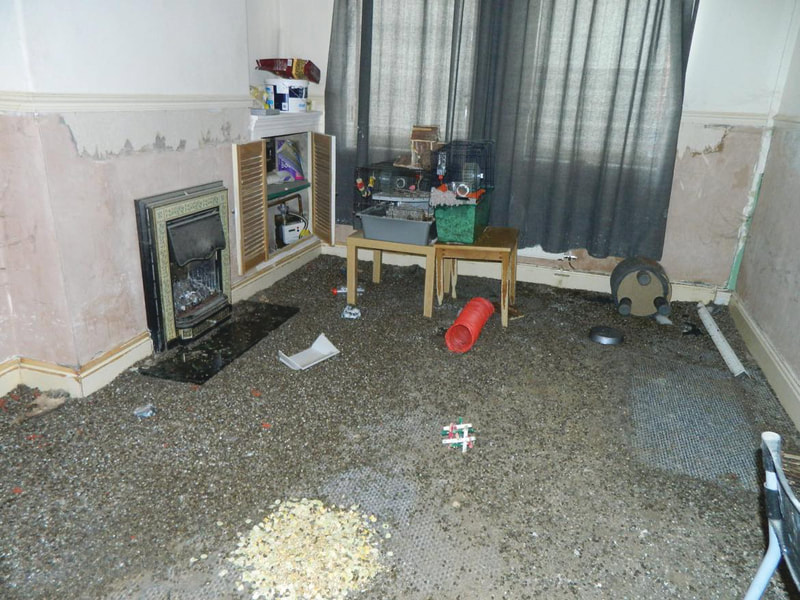
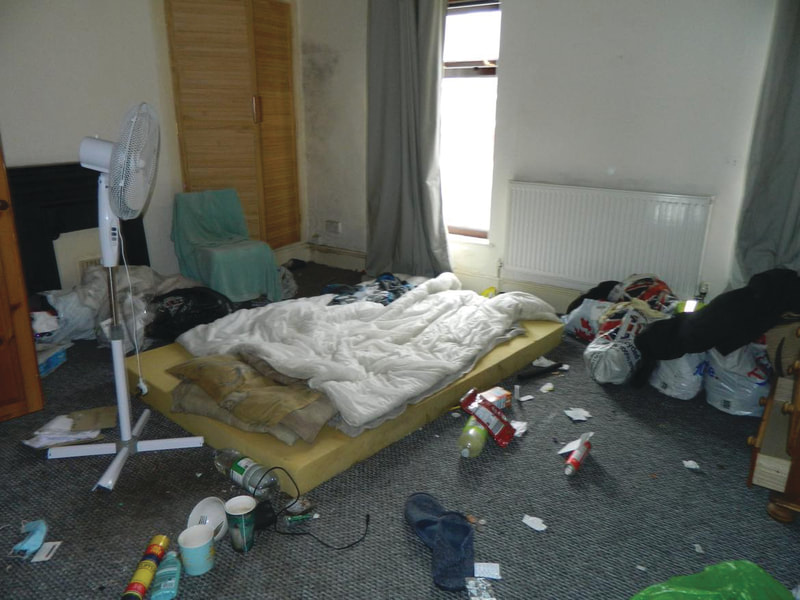
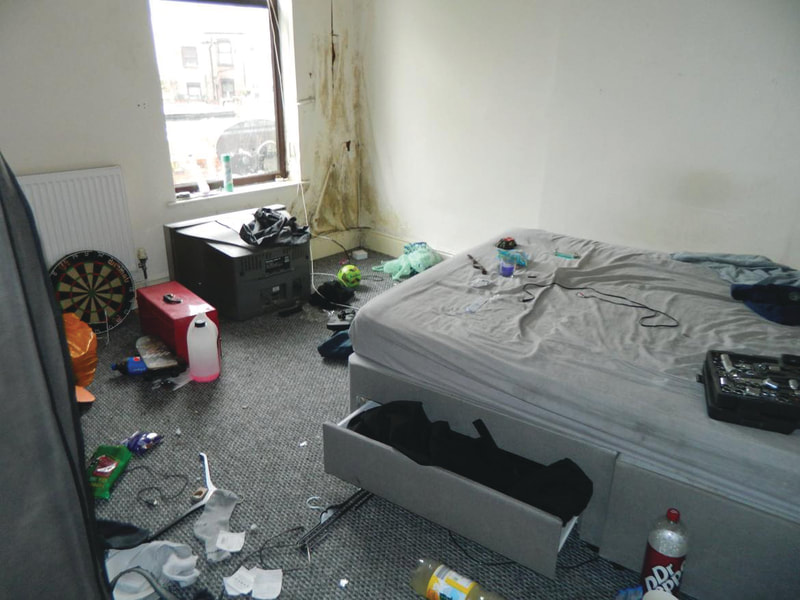
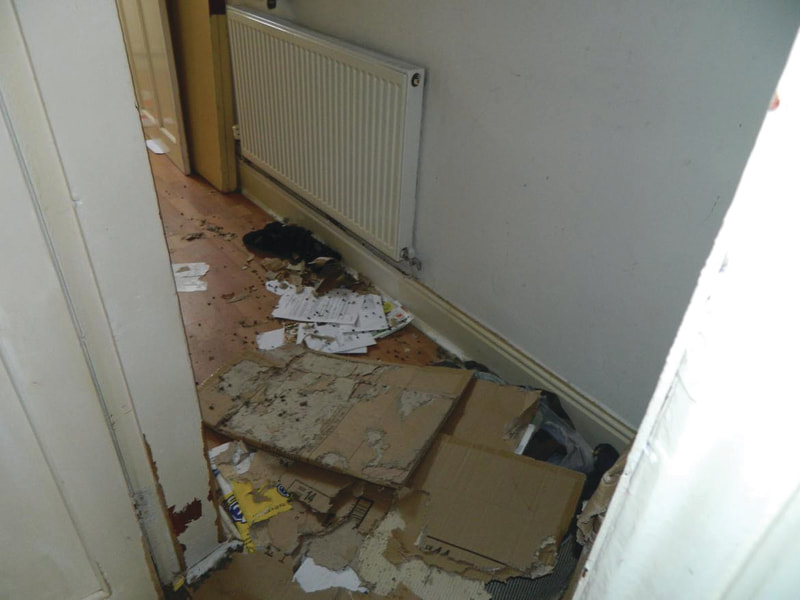
 RSS Feed
RSS Feed
















